Seniors’ guide to choosing the right college
College brochures can help seniors make the biggest choice of their life: choosing where to attend college.
January 3, 2018
Senior’s Choosing a college may seem like the most important decision of a teen’s life, and in some ways, it is. It may mean choosing a new home to live in for the next four years as we teenagers become adults. How is anyone supposed to choose just one school to be the “perfect” school for them? The Hollis Brookline Class of 2018 is going off to college next fall, and while some students already know where they’re going, some students still have no clue. This article will explain the ways in which these seniors have gone about choosing a college, from location, to the overall atmosphere of the schools, to how many colleges to apply to, and how strong the internships and jobs are in the areas surrounding the college according to “USA Today”.
Students may underestimate the time commitment involved in applying to colleges. It’s not as simple as writing an essay and clicking ‘send’. On the Common Application, which is the most widely-used online-application platform, students are required to fill out extensive surveys regarding education experience in specific courses, family dynamic, extracurricular activities, standardized test scores, and write an essay that must encapsulate each student in just 650 words or less. After these are completed, each school has its own set of questions and supplemental information that must be completed for the application.
Time management is crucial while navigating this process because seniors have to balance school work, sports, and extracurriculars on top of applying to multiple colleges. The school counselors at HB do an incredible job of checking in with every student in early September to see where each student is at in terms of the application process. “The majority of [students] are looking at the Early Action deadlines of 1 November or 15 November,” said Richard Winslow, a counselor at HB. This being said, “I don’t push them. I figure when they’re ready, they’ll do it.” According to a survey conducted by the CavChron consisting of a random selection of college-faring seniors, 85.7% of the class has received help from a guidance counselor at one point or another.
The seniors at HB are all at very different stages in the college application process, ranging from applying Early Decision to not having had applied anywhere yet. Based on data collected, most seniors began working on their applications between one and three months ago. Gabi Frugard ‘18 applied Early Decision to Bates College, which means she is bound to attend if she is accepted. Frugard’s process did not go as she originally planned, because her previous top school ended up not being the school she applied Early Decision to. Her advice for others is to “go in with an open mind, and if you’re concerned with doing Early Decision, be okay with changing your mind.” 50% of students surveyed responded that they began their applications before their senior year even began to eliminate the stress that comes for most students in early November. According to an online news source, “summer is the perfect time before the chaos of September rolls around for you to start the preliminary phases of college admissions.”
One of the most crucial steps in the application process is the teacher and counselor recommendations. Teacher recommendations are typically from junior-year classes, so these are the teachers you want to really show who you are as a student and as a person. Ann Melim, an English teacher at HB, is a common recommendation-writer because she most often teaches juniors and she prides herself on developing strong mentor-type relationships with her students. She writes about 25-30 recommendations per year, and like many other teachers, she doesn’t change the recommendation based on the school a student is applying to. “Whether it’s for Nashua Community College or Harvard, I write the best recommendation for that particular student,” she said. “It’s always nice to get a ‘thank you’ afterwards.” Work ethic, a positive attitude, and resilience are just a few of the traits teachers and colleges look for, and they will help a teacher write a student a strong letter of recommendation.
Some student athletes who decide to play their sport(s) in college will base their college decision off of the school with the best athletic programs for them. According to survey results from Hollis Brookline High School seniors, 14.3% of seniors are basing their college decision primarily on colleges’ athletics programs. This may close doors for students because some of the best schools in the United States are in Division 1 for sports, and many people stray away from D1 schools to avoid too much athletic pressure. Finding the right balance between academics and athletics can be a strenuous process, and sometimes, the school finds you. Meghan Hill ‘18 looks to play field hockey in college, and she was given many options. “I have had around 9 colleges contact me for field hockey,” she said. “It got me looking at colleges that originally weren’t even on my list, and the process led me to finding the perfect college for me in terms of athletics and academics.” The recruiting process is a long one, but using your athletic abilities to get into college is a path many students take.
While this process is time-consuming and places extreme stress on seniors, these are tried and true ways to try to alleviate some stress. Using your specific skills and abilities to set yourself apart from other applicants is key, as well as having strong recommendations and a well-written essay. Grades aren’t everything when it comes to applying to college. All you have to do is make sure the school feels right. This will be your home for the next four years, which, if you follow the right steps, could potentially be the best four years of your life.
After reading our article, take a quick moment to test your knowledge on the college process.



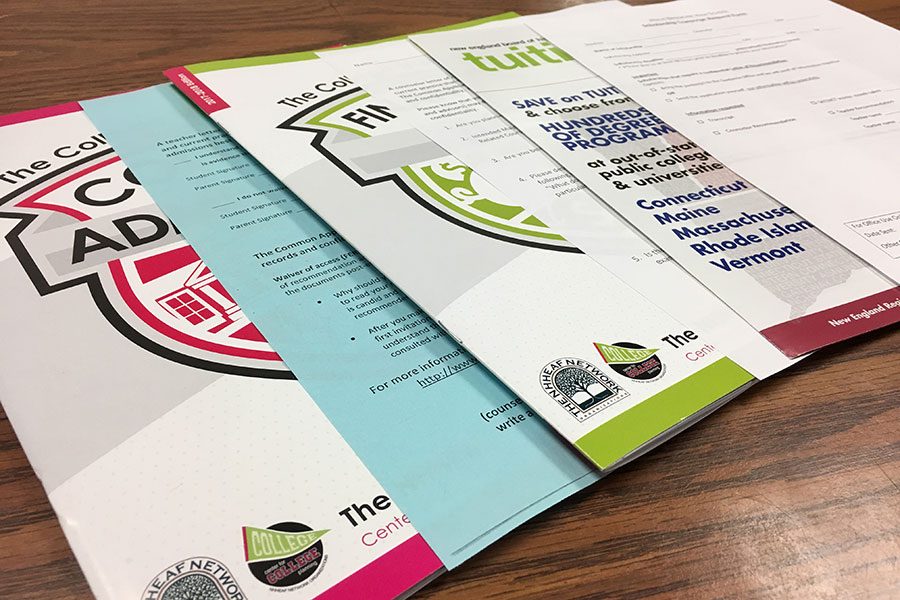

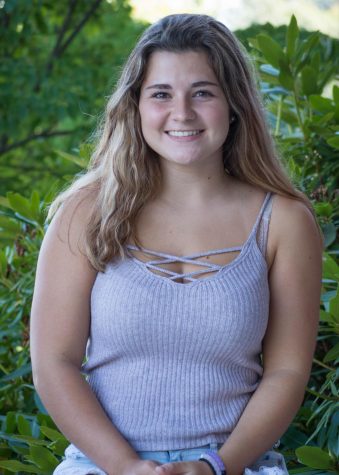

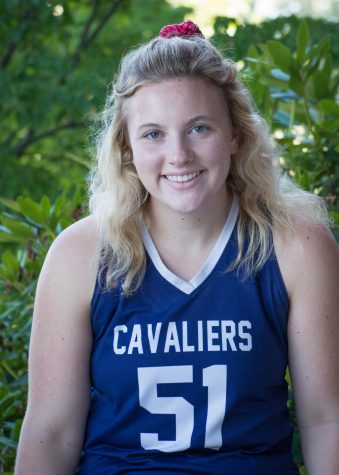


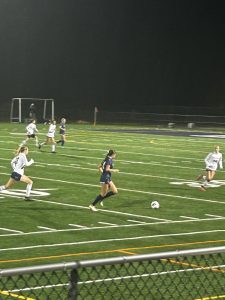
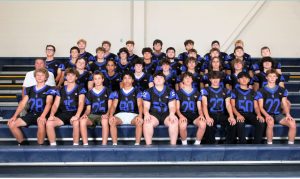
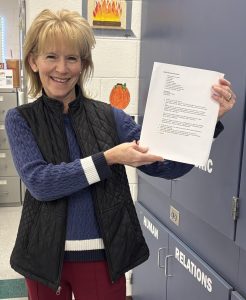


![Students in Archaeology use tools in a mock excavation. As a class that focuses on hands-on learning, students are able to gain crucial life skills. “[The class] is more hands-on than I thought, and I'm learning way more with physical activities than I do in the classroom,” said student Tess Brown ‘25.](https://cavchronline.com/wp-content/uploads/2024/11/IMG_8390-e1733078359165-278x300.jpg)

